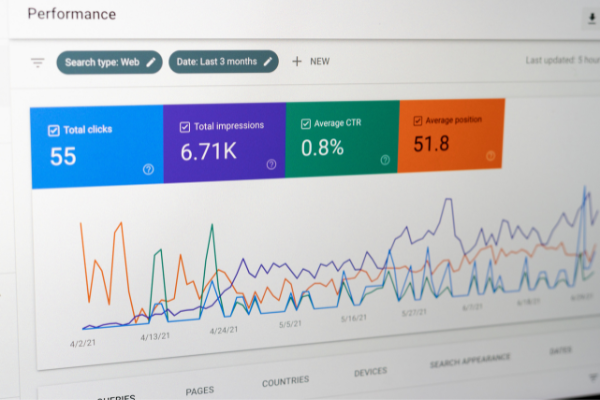Search engine ranking is important. When you have a high search engine ranking your website is more likely to be discovered. Otherwise, it may be hidden away on the second and third pages of any given search results. And people rarely look beyond that first page and the top few results there.
Fortunately, there are some things you can do to increase your chances of a better search engine ranking! We’ve listed three of the easiest tactics to implement below.
1- Better Search Engine Ranking Requires Keyword Usage
Knowing your keywords and how to use them is an invaluable skill. Taking the time to learn about keywords will always pay off when it comes to your search engine ranking. These keywords can be placed all throughout your website content and in your book description and blog posts. Just keep in mind that there’s a process.
- Research your keywords. Jeniffer, our founder, wrote a blog about this.
- Use them everywhere you can—in your web page copy, page titles, image titles and image descriptions, headlines, and blogs.
- Use them the right amount—use them and/or related keywords 2-3 times per page, or about once every 300 words (about 8 percent density).
2- Blogging and Regular Content Creation
Adding content regularly to your website gives you plenty of opportunities to not only use keywords to improve your search engine ranking, but also tells search engines that your website is relevant. The more content you create, the more relevant your website reads to those search engine algorithms. Of course, it should be quality content, and it should provide value. If you’re essentially just creating junk posts and pages to get a better search engine ranking, they’ll know. And your ranking will actually get worse! So, create often, but make sure your content is valuable, relevant, and quality. Below are some tips on getting it right.
- We always recommend that you blog weekly (or more) for best results.
- Update your webpage copy and add newer or more relevant keywords as needed.
- Add new pages and update information to keep your website fresh.
3- Get Better Search Engine Ranking with Metadata
Metadata sounds intimidating, doesn’t it? Well, it’s really not. And you don’t have to understand exactly how it works, you just need to remember that it DOES work.
Metadata is simply the data that describes and gives information about other data. Below are a few things to focus on for better search engine ranking.
Title metadata
This is the most important type of metadata for search engine ranking results. Title tags appear at the top of your browser and come up as the article title in your search engine results page (SERP). See SERP example below. A title tag should be 60 characters (including spaces); anything beyond that character count will show as an ellipsis. Case in point below.
Description metadata
Description metadata tells you (the searcher) and the search engines, exactly what’s on the page or in your blog. This is a short and to-the-point, yet intriguing summary of your page’s content. Optimally, your description tag should be up to 150 characters, including spaces. It’s meant to let the viewer know if the title matches up with the content within. And it should. Otherwise, it’s kinda like clickbait and search engines may not like it. The good news, if you don’t know how, or don’t want to bother with metadata, you can just write good on-page copy. If your site does not specify a description tag in the backend, search engines will pull content from your home page where the search phrase first appears. In the example below, we did a search for “Jeniffer Thompson,” the result shows her title tag (in purple or blue) and the first paragraph where the search phrase, in this case “Jeniffer Thompson,” appears within the page content.
A Few More Pro Tips For Better Search Engine Ranking
Alt Tags
Always describe your image and video content using alternative text descriptions; aka Alt Tags. These allow search engines to find your web pages. They also describe visuals for text-only screen viewers. We’ll talk more about how you can optimize your site’s content and increase your search ranking with images in our next blog post.
Plug-ins
If your site is built on WordPress, we highly recommend the YoastSEO plugin. It helps you easily add metadata to every page and post on your site without needing to know any code. It’s pretty awesome. We like the free version, but there’s a paid version too if you really want to dig deep and gain access to the online learning classes offered by Yoast.


Recent Comments